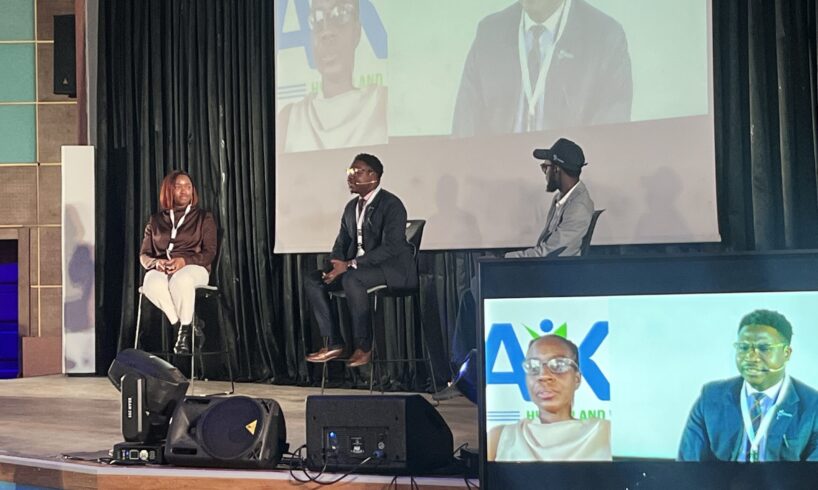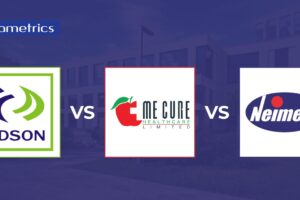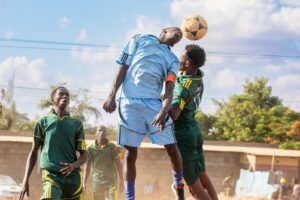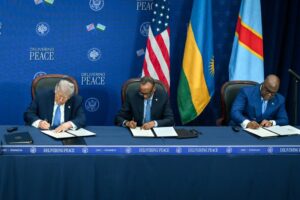
Only eight states in Nigeria have met the global target for women’s participation in decisions about their sexual and reproductive health.
The figure, drawn from the 2023–24 Nigeria Demographic and Health Survey (NDHS), was highlighted in a report released by Invictus Africa. This civic-tech organisation leverages data and technology to drive inclusive policies and programmes.
The organisation noted that the eight states achieved at least 65 per cent of women participating in decisions on issues such as contraceptive use, the minimum benchmark set under the Ending Preventable Maternal Mortality (EPMM) framework.
These findings were shared by Adenike Adeoye, Monitoring, Evaluation and Learning Lead at Invictus Africa, during the 2025 Gatefield Health Summit in Abuja on Wednesday.
The event brought together experts and policymakers to discuss Nigeria’s ongoing health crisis and explore practical pathways towards stronger and more sustainable health systems.
Statistics
Rivers (80.9 per cent), Edo (78.3 per cent), and Delta (73.8 per cent) lead the chart, reflecting strong reproductive autonomy among women in these states.
Ogun (64.5 per cent), Akwa Ibom (64.1 per cent), and Lagos (60.3 per cent) are approaching the threshold, showing measurable progress in empowering women to make informed reproductive choices.
Women’s health index
However, Kogi (47.1 per cent), Plateau (44 per cent), and Ebonyi (43.9 per cent) still require strengthened efforts to increase women’s participation in reproductive decision-making and move closer to the global target.
At the lower end of the spectrum, Kebbi (2.5 per cent), Sokoto (5.1 per cent), and Niger (5.8 per cent) record the lowest levels of female participation in reproductive health decisions, underscoring deep-seated socio-cultural and systemic barriers.
The data further shows that no Nigerian state has met or exceeded the National Policy on Population (NPP) target of reducing the unmet need for family planning to 10 per cent by 2025 and achieving zero per cent by 2030
Sokoto (10.7 per cent) is currently the closest state to the benchmark, reflecting progress in addressing unwanted or mistimed pregnancies.
Lagos (12.6 per cent), Ekiti (12.8 per cent), and Gombe (13.2 per cent) are also significantly approaching the 2025 target, indicating ongoing efforts to expand family planning access.
Conversely, Cross River (30.3 per cent), Ebonyi (29.2 per cent), and Bayelsa (27.7 per cent) have the highest levels of unmet need for family planning, revealing major challenges in ensuring that married women can safely plan their pregnancies.
NDHS Report
A PREMIUM TIMES’ review of the 2024 NDHS revealed that only three in 10 married Nigerian women can make informed decisions about their sexual and reproductive health.
According to the newly released data, just 29 per cent of currently married women aged 15 to 49 report having a say on all three key aspects of reproductive health: sexual relations, contraceptive use, and their own healthcare.
This indicator, recognised globally as Sustainable Development Goal (SDG) 5.6.1, tracks the proportion of women with autonomy over these critical aspects of their wellbeing.
ALSO READ: PT Health Watch: How untreated vaginal infections impact women’s health, fertility
It serves as a key benchmark for assessing reproductive rights and gender equality.
The NDHS highlights education and household wealth as major determinants of women’s decision-making power.
The report shows that only nine per cent of women with no formal education can make informed choices on all three indicators, compared with 58 per cent of those with more than secondary education.
It also notes that economic inequality plays a role. Just nine per cent of women in the lowest wealth quintile report full reproductive health autonomy, compared with 58 per cent among the wealthiest households.
The report suggests that poverty and lack of education remain the most significant barriers to women’s empowerment in reproductive health, regardless of age or location.





